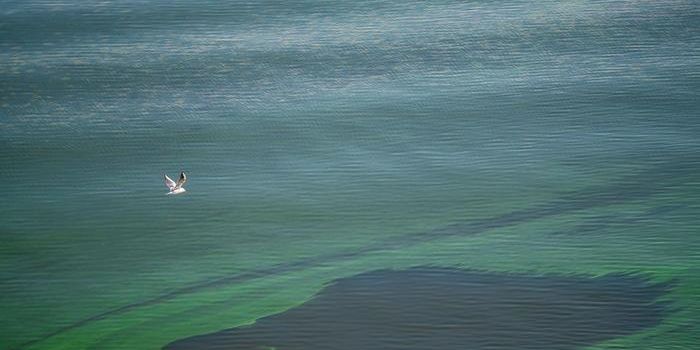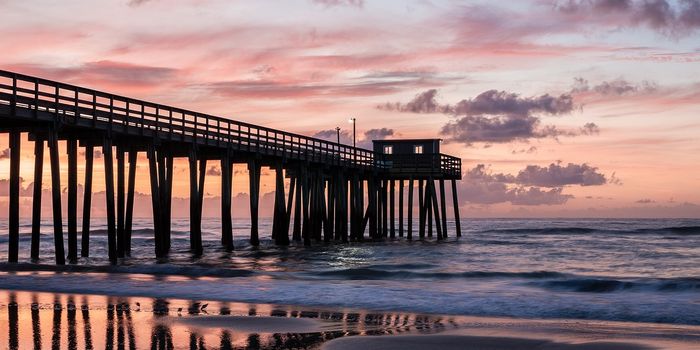Will Vaquitas Get Another Chance to Rebound?
Native to the Gulf of California, the vaquita (Phocoena sinus) is one of the most elusive porpoises alive today. Not only does the International Union for Conservation of Nature (IUCN) recognize the vaquita as a critically-endangered species, but the firm’s website also indicates that there could be fewer than 18 mature individuals living in the wild today.
Image Credit: Paula Olson/NOAA
Vaquita population numbers got as low as they are today because they’ve been impacted by illegal fishing activity in the Gulf of California for many years. Fisheries frequently deploy nets to capture totoaba, which are considered a delicacy in some parts of the world, but these nets inadvertently catch vaquitas as bycatch.
Vaquita populations are dangling by a thread, but conservationists haven’t given up hope for saving the species from extinction. In fact, conservationists happened upon six surviving vaquitas in their natural habitat last month, and among them was a known specimen named Ana; she was accompanied by what’s being reported as her second calf in only two years.
Related: One of the world's rarest porpoises dies during rescue attempt
Animal experts have long thought that vaquita mothers give birth to just one calf every two years, but Ana’s circumstances suggest that they could be reproducing more frequently than initially thought. The enlightenment seems to be igniting lots of fresh energy in the fight to protect the porpoises.
Animal experts are now calling on local governments to erect a floating barricade around the perimeter of what’s believed to be the natural habitat for these critically-endangered porpoises. Doing so would prevent fishing boats from crossing into their habitat and exacerbating the delicate situation even further.
The floating fence concept would encompass a 12x25-mile rectangle in the Gulf of California where animal experts believe the remaining vaquita population resides today. Once protected, the animals could reproduce in their natural habitat without unnecessary disturbances from the outside world. Theoretically, vaquita population numbers could rise rather than fall if all went well.
The experts also suggest stationing a Navy ship in the region to enforce fishing laws and prevent harm to the vaquitas.
Given the circumstances surrounding the elusive vaquita, there’s not much else we can do to prevent such a vulnerable species from going extinct. As a wise person once said, ‘desperate times call for desperate measures.’ It should be interesting to see how animal conservationists and local governments will work together to combat the problem going forward.
Source: Phys.org, The Washington Post, IUCN









